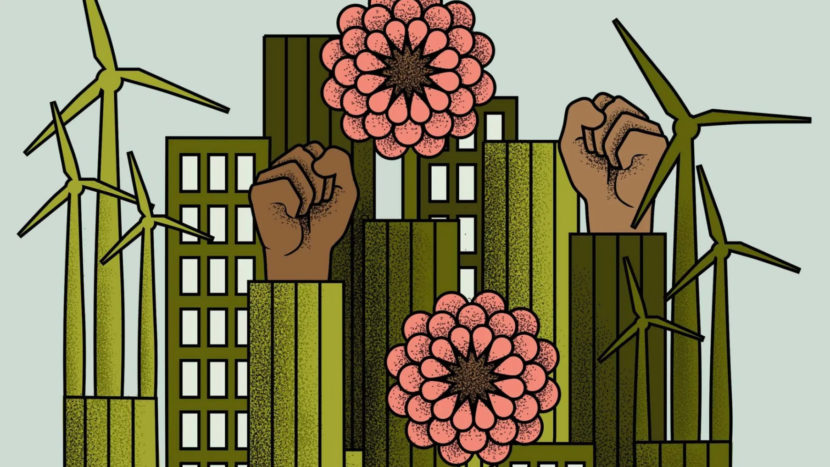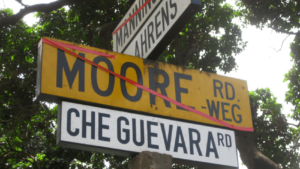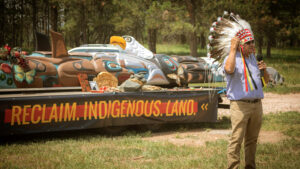About the event
Wildfires, hurricanes, famines, and the pandemic – we live on a planet already in deep ecological crisis, with worse to come if today’s climate inaction, soaring inequality, and state violence continue. To shift things and win a just transition, we need ambitious planning and abundant struggle.
Proposals from around the world for a Green New Deal have highlighted the need to win popular control of the infrastructures of energy production and distribution. Fossil capitalism must be shut down since further production of coal, oil, and gas will doom the planet to climate chaos. Meanwhile, construction of renewable energy must be massively accelerated.
What are the obstacles to an energy transition that lifts up frontline communities, workers, Indigenous peoples, people in postcolonial nations, and others? How can we ensure that the transition is genuinely democratic and participatory? What combination of centralized and decentralized initiatives is appropriate given the need for an accelerated transition and the concern that the authoritarian structures of fossil capitalism not be reproduced in a new form of green capitalism/colonialism?
This panel features activists and thinkers Julian Brave NoiseCat, Summer Sandoval, Ashley Dawson, Trevor Ngwane, and David Hughes whose work is helping to move the fight for energy democracy forward.
Free and open to the public, but please Register here to access the Zoom link and attend.
Speaker Bios
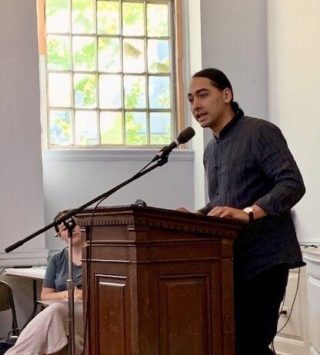
Julian Brave NoiseCat (Secwepemc/St’at’imc) is Vice President of Policy & Strategy for Data for Progress and Narrative Change Director for The Natural History Museum. A Fellow of the Type Media Center and NDN Collective, and contributing editor for Canadian Geographic, his work which cuts across the fields of journalism, policy, research, art, activism and advocacy has appeared in The New York Times, The New Yorker, Rolling Stone, and other publications. Julian grew up in Oakland, California and is a proud member of the Canim Lake Band Tsq’escen and descendant of the Lil’Wat. Visit Julian’s website for more info.
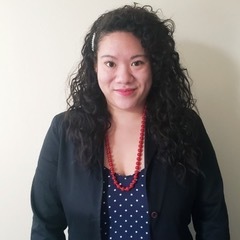
Summer Sandoval was born and raised in Southern Maryland. From a young age, Summer has been inspired by environmental threats and climate change. She came to New York City in 2012 to attend New York University, where she earned her bachelor’s in Environmental Science and developed her interest and passion for environmental justice issues. In 2019, Summer completed her Master’s of Science in Sustainable Environmental Systems at Pratt Institute and started her role as the Energy Democracy Coordinator at UPROSE. In this role, Summer leads many Energy Democracy campaigns from developing Sunset Park Solar- NY’s first community solar cooperative, fighting peaker power plants with the PEAK Coalition, and implementing a local Just Transition through UPROSE’s community-led comprehensive waterfront plan named the Green Resilient Industrial District (GRID) proposal.

Ashley Dawson is Professor of Postcolonial Studies in the English Department at the Graduate Center / City University of New York and the College of Staten Island. He is the author of numerous books, including People’s Power: Reclaiming the Energy Commons (O/R, 2020), Extreme Cities: The Peril and Promise of Urban Life in the Age of Climate Change (Verso, 2017), and Extinction: A Radical History (O/R, 2016). A member of the Social Text Collective and the founder of the CUNY Climate Action Lab, he is a long-time climate justice activist.
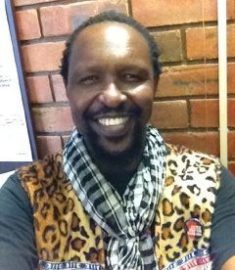
Trevor Ngwane is a South African socialist and anti-apartheid activist. He previously worked as a sociology lecturer at Wits University where he helped found the Wits Workers’ School, to teach literacy to the campus cleaners and gardeners. He was the National Education Officer for the Transport & General Workers Union of the Congress of South African Trade Unions. In 1995 he was elected Ward Councillor for Pimville Zone 5 and 7, Soweto, on an African National Congress ticket. In 1999 he was expelled by the ANC for opposing the City of Johannesburg Metropolitan Municipality‘s privatization of municipal services. In 2001, he helped found the Soweto Electricity Crisis Committee and then the Anti-Privatisation Forum in 2002, which both campaign against the privatisation of public services.
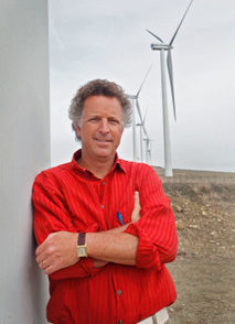
David Hughes is professor of Anthropology at Rutgers, the State University of New Jersey. He has written articles forBoston Review and three previous books, including Energy without Conscience: Oil, Climate Change, and Complicity(2017). In 2021 Verso Press will publish his book on the energy transition, Who Owns the Wind?: Climate Crisis and the Hope of Renewable Energy? As an activist, Hughes has served as president of his faculty union and as a member of the Climate Task Force of the American Federation of Teachers.
This event is co-sponsored by The Natural History Museum, Rutgers Climate Institute, CUNY Climate Action Lab, and the Center for the Humanities at The Graduate Center, CUNY.

